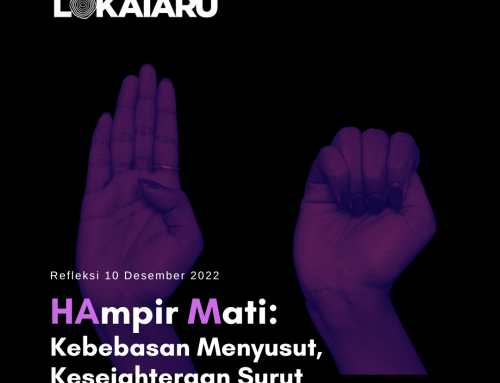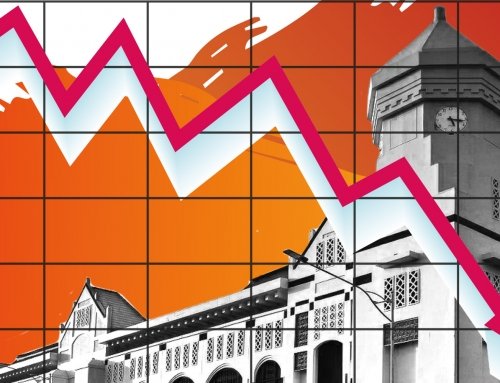Tax Briefing Series No. 1
LOKATARU FOUNDATION
UN FRAMEWORK CONVENTION ON TAXATION
The ideal International Tax Architecture:
OECD/G20 Inclusive Framework vs UN Framework Convention on Taxation
Context
The current international tax architecture is divided among various institutions. The United Nations Tax Committee, the OECD/G20 Inclusive Framework on Base Erosion and Profit Shifting (BEPS) and the Global Forum on Transparency and Exchange of Information for Tax Purposes are some of the main institutions setting multi-layered and overlapping international tax standards. The absence of a truly global international tax agency has long been a void in the international economic system and a disadvantage for developing countries, which cannot participate in the setting of international tax standards as full and equal participants. This has been demonstrated recently by the Two Pillar Solution to burden the digital economy stemming from the OECD/G20 Inclusive Framework. The G-77’s new request for a global tax agency shows that this issue continues to be a priority for developing countries.
Why and what are the reasons for the insistence on establishing the UN Framework Convention On Taxation?
Limited mandate of the G20/OECD Forum — The OECD Global Forum is limited to the exchange of information and the Inclusive Framework is limited to 15 BEPS Actions. Other international tax standards, especially those related to the allocation of taxation rights, are not addressed by them. This remains the responsibility of the OECD Fiscal Affairs Committee, which still has sole responsibility for updating OECD standards, such as the Model Tax Convention and Transfer Pricing Guidelines (TPG). UNTC works in parallel, and while coordination is ensured because of the overlapping membership and composition of its professional staff, this results in a weakening of the voices of developing countries. For example, the United Nations model convention is not an alternative to the one formulated by the OECD by and for developing countries, but a compromise between the perspectives of capital-exporting and capital-importing countries. Therefore, this combination remains an unsatisfactory way of ensuring that all countries are adequately represented in the formulation of international tax norms and standards.
The G20/OECD’s institutional architecture remains flawed in significant ways. Neither the Global Forum nor the Inclusive Framework have universal membership or political accountability to all states. Despite claims for representation on an “equal footing”, as noted by Montes and Rangaprasad (2018) there are still some governance challenges, hierarchies in membership, and limited representation of non-OECD countries in key bodies such as the Working Party. etc.
How far has the pressure to establish the UN Framework Convention On Taxation been?
The UN FACTI panel proved the next major milestone in the quest for an intergovernmental tax agency. Recommendation 14B of the February 2021 Final Report is explicit: Build on existing structures, create an inclusive intergovernmental body on tax matters under the United Nations. This formulation recognizes that much work has been done in various forums to reform international tax governance, but the lack of a comprehensive and inclusive global body still remains a glaring flaw.
The creation of a fair and effective taxation system is a major concern of countries around the world, and is the main political agenda for their citizens. In today’s globalized world, this requires a strong institutional framework for international coordination and cooperation, without which national sovereignty becomes an empty shell. Now is the time for a political initiative, drawing on the recommendations of the FACTI Panel, to create a coherent and effective institutional basis for global international tax governance.
What are the demands and recommendations of global civil society?
C20 demand the G20 and other countries to support the call for the establishment of a UN agency on Global Tax. This institution needs to represent the voice of and have a mandate from all countries, rich or poor, to apply the rules and regulations cross-border and cross-jurisdiction. This will be an inclusive global institution that has legitimacy through increasing its representation and seeking for more participation from developing and poor countries.







